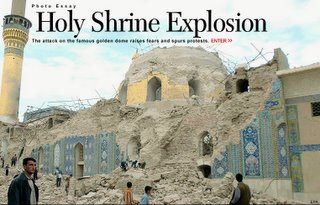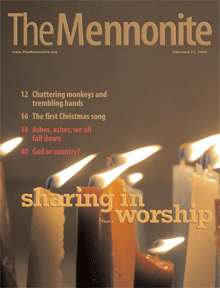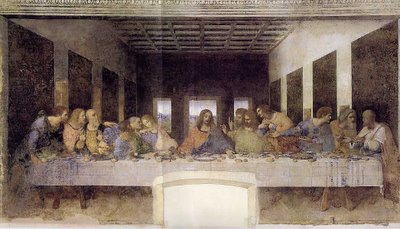Too Much Talk

I find myself being drawn into silence. Not a silence of of protest or seething, but the silence of the cross. Fr. Thomas Hopko says that when God fully discloses himself, the ultmate Word that is spoken from the cross is silence. That silence speaks to our silence. The most eloquent Word ever spoken is spoken in silence. You just look at him there hanging in silence. What we have to do in order to hear the Word that is spoken from the cross, is also to stand before it in silence.
I believe this is a prompting of the Holy Spirit. Far too infrequently, do I live and move and have my being from the center of holy silence that is found in relationship with God. It is a holy silence that recognizes that God is beyond words. Yet so many times we jump into that holy space and (like Peter on the mount of Transfiguration) try to fill it with words, or something tangible, visible, measurable. I hear so much talk about Christians who have God all figured out, who have written books, who have spoken all over the world, who are funny, entertaining, and annointed. They come to speak at churches near you. I think the thing that disquiets my spirit is the sense of self-importance and self-promotion that flies in the face of the deeper expression of Christ that we see from the cross.
I grow tired of all the talk. I would rather hear the silence that comes from holy awe and humble gratitude for the mercy of God.
"By this time it was noon, and darkness fell across the whole land until three o'clock. The light from the sun was gone. And suddenly, the thick veil hanging in the Temple was torn apart. Then Jesus shouted, "Father, I entrust my spirit into your hands! And with these words he breathed his last." Luke 23:44-46
Following Jesus means being willing to follow him to the cross. True joy is only found through the cross, as we walk it in our lives. There are many who have been examples for me of living and walking in this way before the cross of Jesus. Dave Nixon is among them. Dave is known to take a week out of his schedule to go to the Abbey of Gethsemani for retreat. Dave was with SMC last summer at Black Rock.
May the words I speak (and write), be words of life. And they will only be words of life if they come out of the silence of the cross. May I give myself more fully to this work of a lifetime: searching, learning, discovering the meaning of mercy. May I use all the tools at my disposal--prayer, work, study, community, silence, hospitality, love.
“What do you seek, my brother?”
The abbot’s question to the candidate for monastic commitment reaches and probes the depths of the soul. “The mercy of God and of the Order,” the newcomer responds. And so begins the work of a lifetime: searching, learning, discovering the meaning of mercy which transforms the heart of the monk into the Lord’s own image.
The tools of the contemplative’s craft are simple: prayer, work, study, community, silence, hospitality, love. Getting started and keeping at the tasks are graces only God can give. The monk recognizes this gift and strives to open to it generously, for he has met Jesus in his life. His mission, his service in the Church and the world is to follow Christ more closely and to find God at the center of life.
The workshop, the arena, where the monk immerses himself in the search for mercy is the enclosure of the monastery. When a person commits to this great venture of Christian discipleship, he finds the holy is revealed in the ordinary, the everyday, the authentic.
“Every day I say to myself – today I will begin.” – St. Anthony of the Desert
























